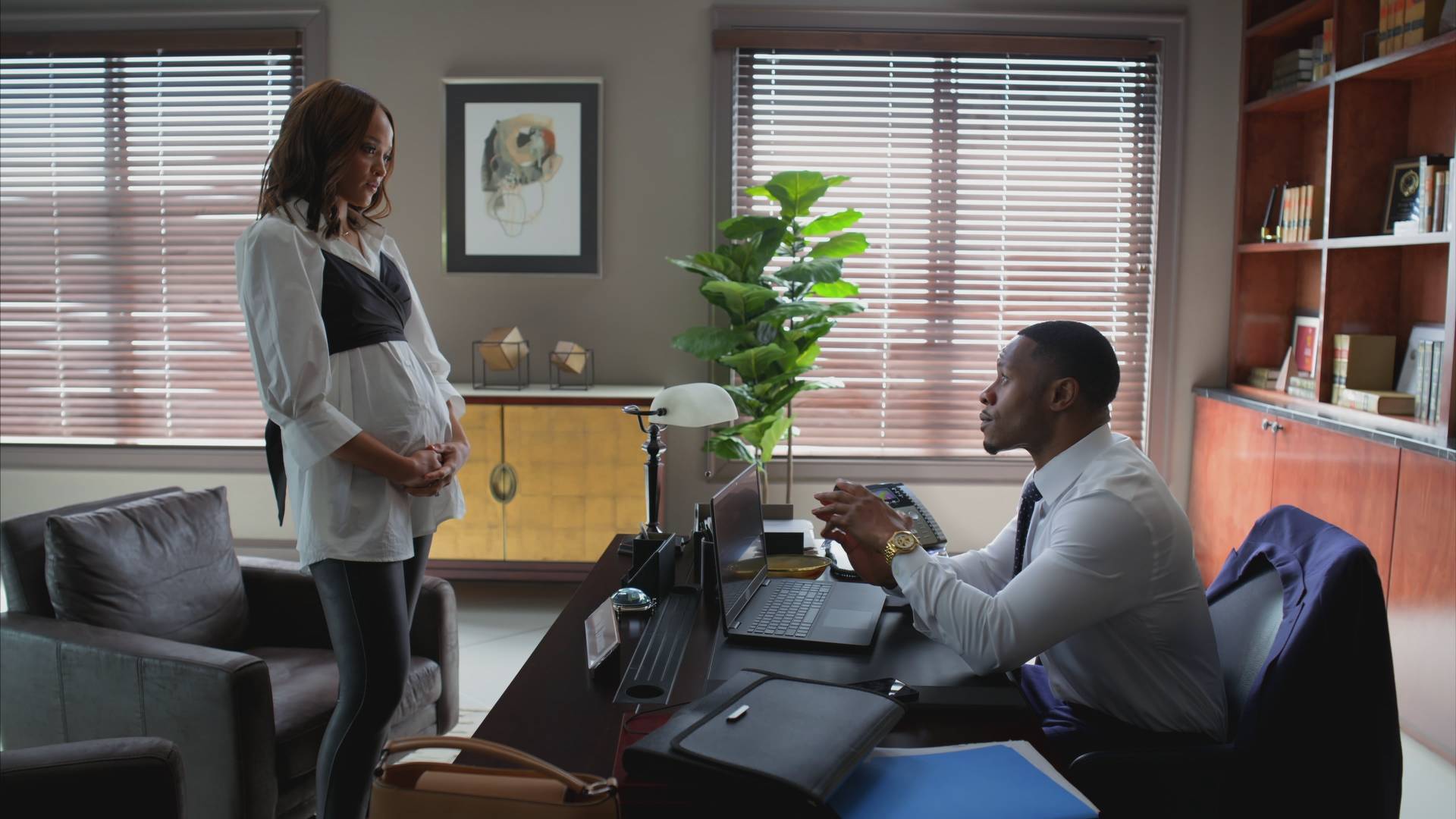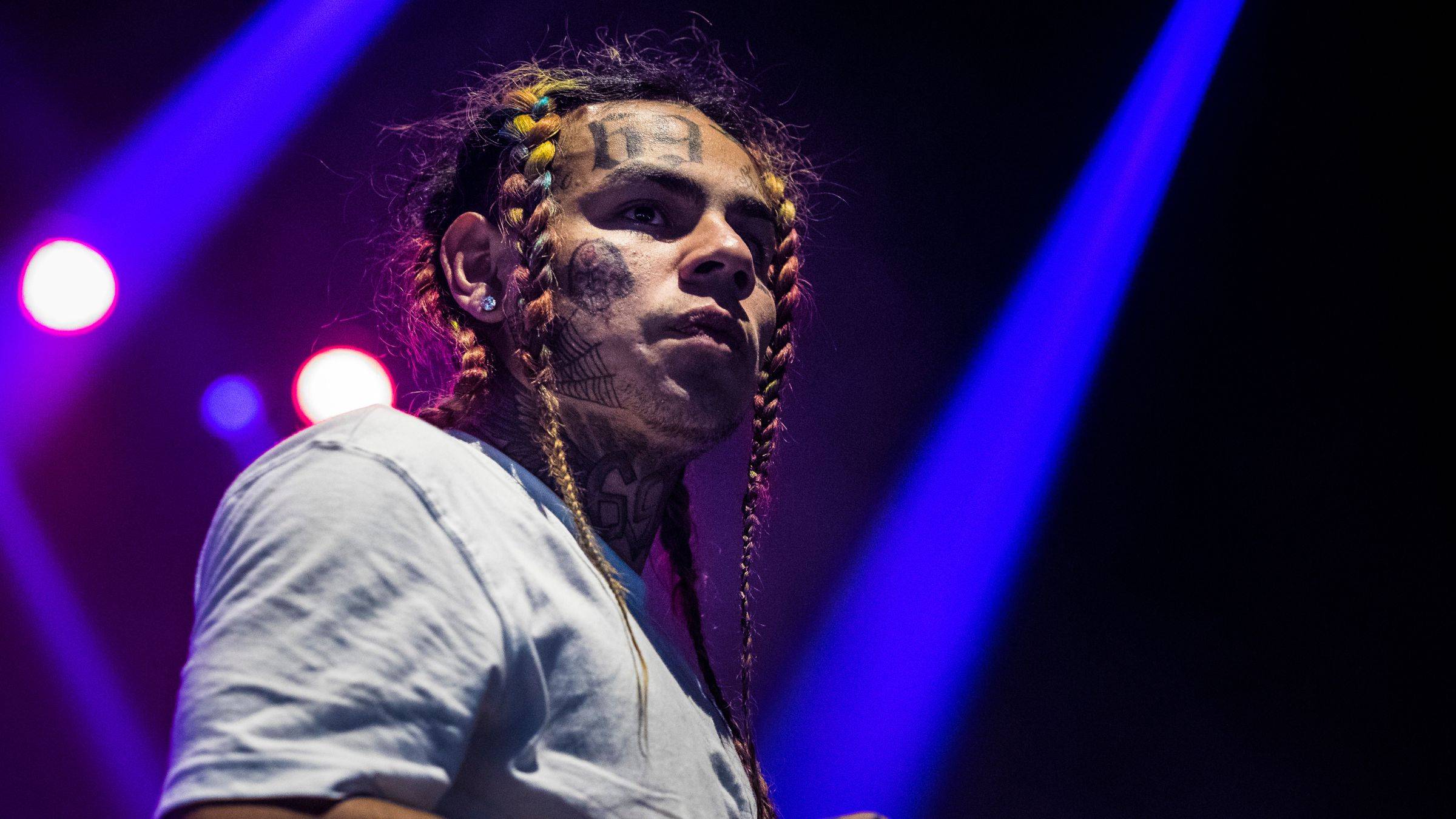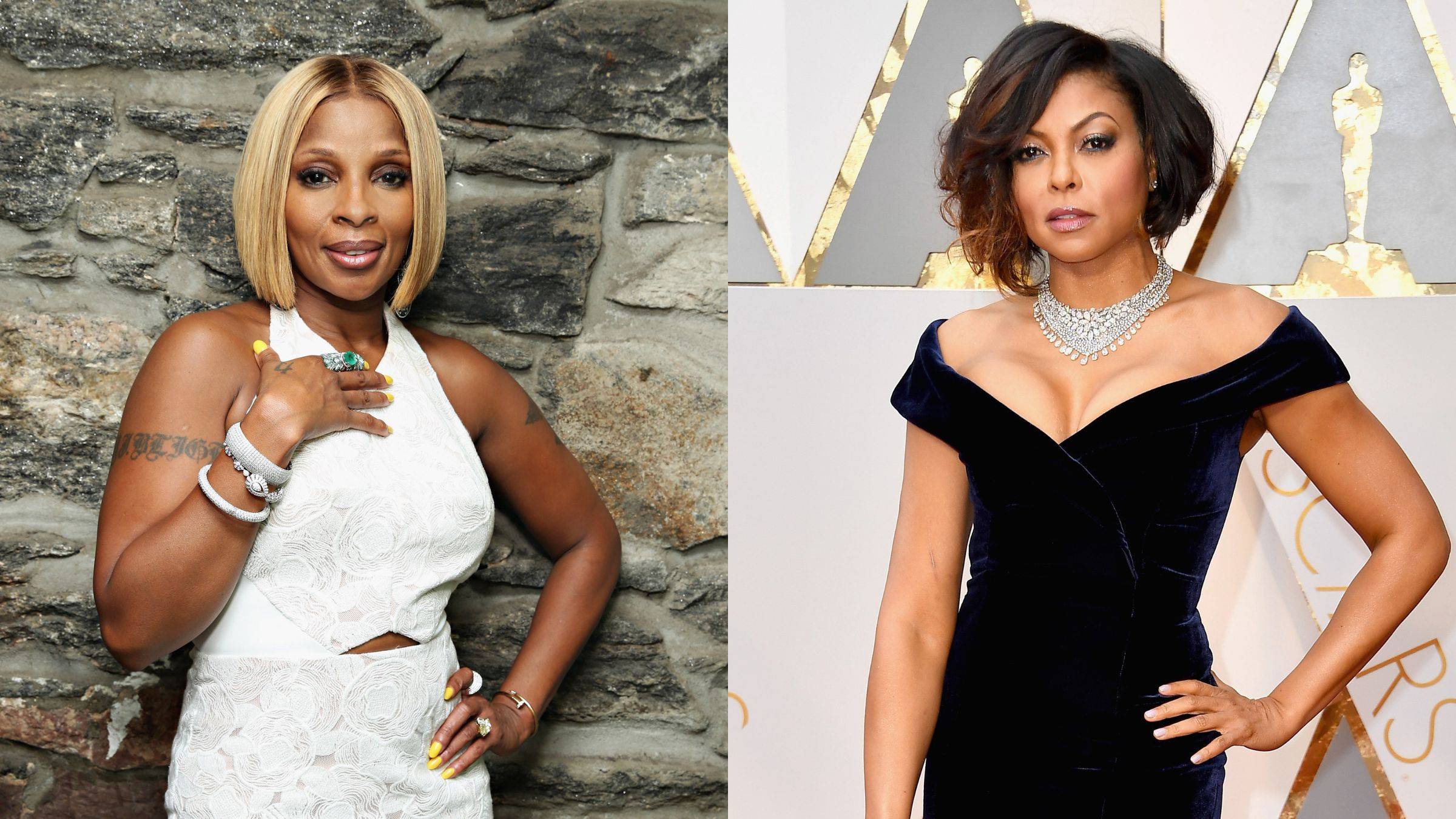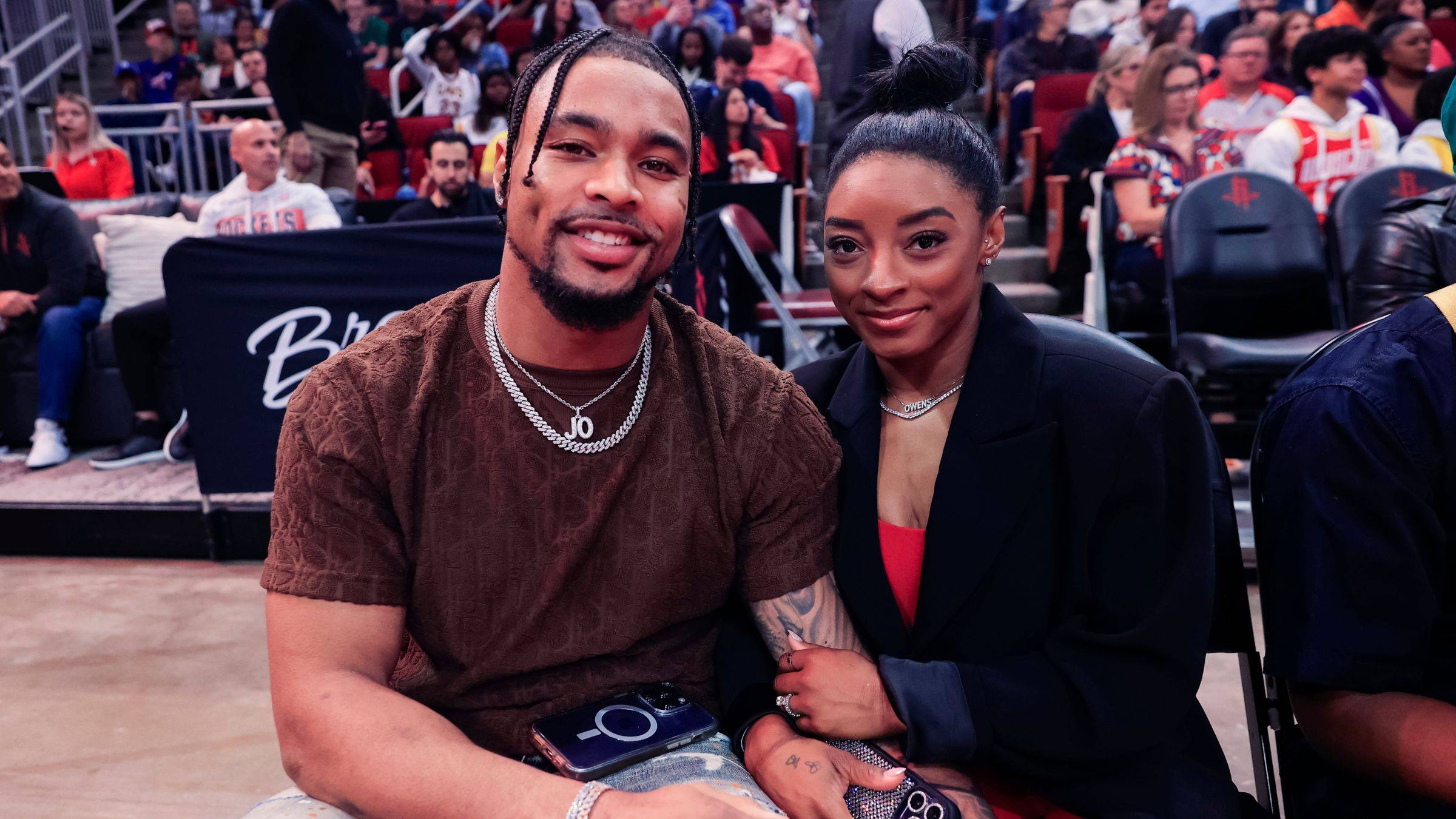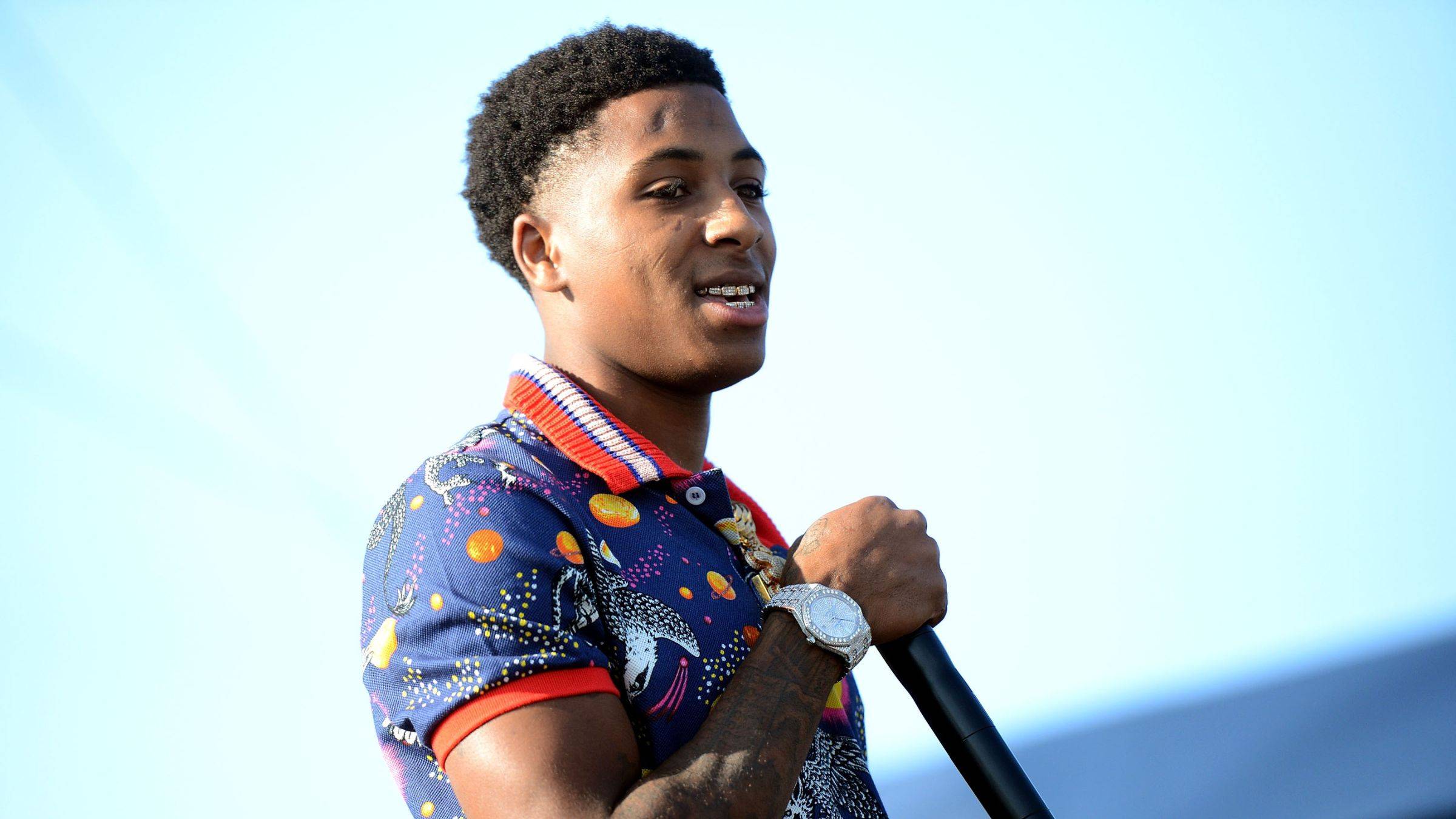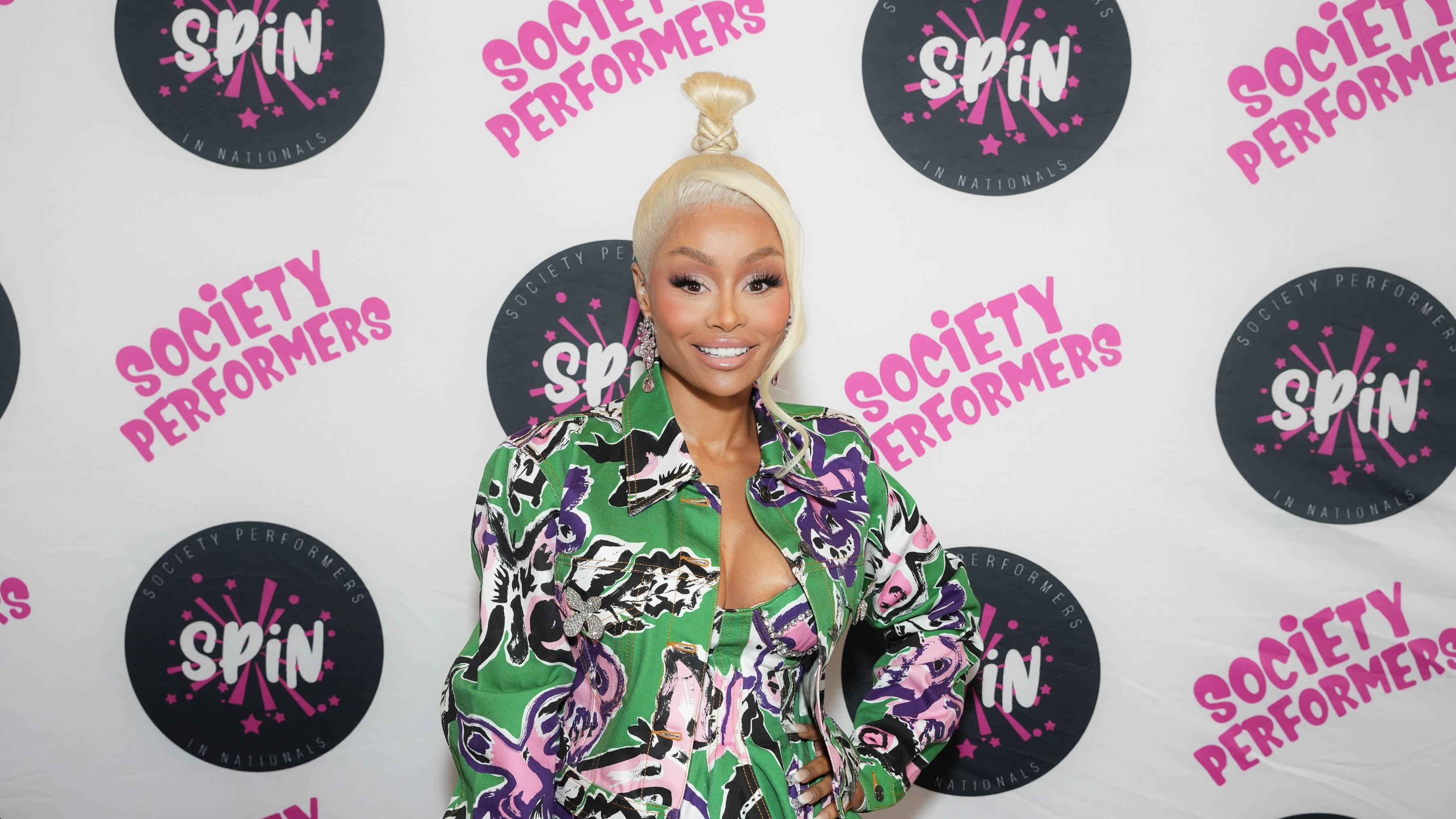‘Yardie’ Star Aml Ameen On Working With Idris Elba And Being ‘Jamaican Enough’ For The Part
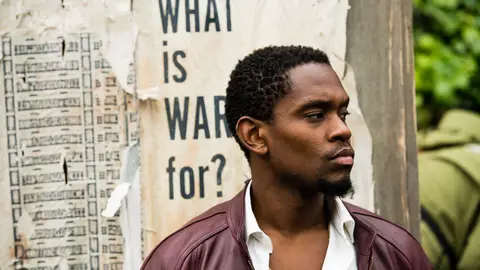
Aml Ameen is a well-traveled man. Sitting across from me at a conference-room table, a red-and-black beaded necklace adorns his neck. It’s a gift from a Maasai warrior that he met on a trip to Kenya. Immersing himself in experiences has been part of the young British actor’s tool set, and he brings that energy to his starring role in the Idris Elba-directed Yardie.
Yardie is based on the debut novel of the same name by Jamaican-born British writer Victor Headley. Set in the 1980s, the title refers to the occupants of “government yards” of Hackney and tells the story of Dennis "D" Campbell, a young drug dealer with an itch to avenge the murder of his brother, Jerry Dread. Ameen, whose parents are from Jamaica and St. Vincent, assumes the role of the troubled D as he makes his way from Jamaica to London leaving bullets and blood in his wake.
Aml is part of rising group of Black acting talent of out of the U.K. that includes Letisha Wright, Daniel Kaluuya, John Boyega and Captain Marvel’s Lashana Lynch, to name a few. (“We all grew up together.”) While Ameen has racked up credits in Sense8, The Maze Runner and Beyond the Lights, it was his performance in 2006’s Kidulthood, a U.K. drama, that put him on Elba’s radar. After a chance reunion in an elevator, they shared an 11-hour flight from London to Los Angeles where they discussed Yardie, and Ameen read the script while sitting behind Al Pacino.
“Both of our parents being immigrants in the ‘80s -- both our fathers -- that whole thing was a big connection for us, and then we said, ‘Alright, let’s go ahead and make it,’” Ameen says of the conversation with Idris. They never spoke to Pacino on the flight despite the book being called the Jamaican Scarface when it was first published.
“I would say there’s like a Goodfellas element because it’s stylistically not just a linear story,” Ameen says of Yardie, which was filmed over six weeks in Jamaica and London. “I would always compare it to a City of God in terms of style fusion. Those are two huge classics and we don’t want to mess with those legacies at all. But I feel like those are some of the films that were borrowed from in terms of inspiration.”
BET.com spoke with Ameen at length about his preparation for Yardie, working under Idris on his first feature film as a director, and the careful considerations taken to properly capture Jamaican culture.
BET: Idris offered you this part pretty much on the spot. What attracted you to playing D?
Aml Ameen: As an actor, man, you’re yearning for an opportunity to play something so complex, something that goes generationally, [and] something you can escape yourself from. I didn’t grow up in Jamaica, obviously, so that was a massive challenge for me; to get the accent to go to a particular time in history and also to have a connection to my family roots, and it definitely gave me that. I became much more understanding of what it was like to be in that particular time, and there was kind of like a symbiotic experience where I was feeling another part of myself that was previously quieter. I think anybody gets like that when they’re in touch with their roots.
Do you remember your first time going to Jamaica?
I reckon it was when I was like 13, 14. We live in the country. It’s a totally different experience than Kingston, so that was my first time. Before I shot this movie, I moved to Jamaica for three to four months just to meet people, speak to people [and] to have a connection to that period of time. I interviewed a lot of people that were around during that era. Sly and Robbie, who are musicians. I met some of the Marley family. A lot of musicians there. To kind of get an understanding of what things were like back then. I didn’t even know this [flicks fingers together], that was flicking the knife back in the day when the Jamaicans used to have to fight with the Teddy Boys, which was a racist group in the U.K.
You and Idris Elba did an interview for this earlier in the year and there were comments under the video saying, “He’s not even a real Jamaican.” Ironically, Idris did a skit on SNL recently called "Can I Play That?" positing whether certain actors can play certain roles. How do you feel about that?
One of the things as an actor is that you want to escape and do something that’s completely past yourself and empathize with someone else’s experience. But I feel very connected to the Jamaican experience because I am connected. London is like little Jamaica. When we’re in the house in my home, it is Jamaican in that home. Apart from making sure I do it responsibly and to the best of my ability, I’ve never felt that I should be or could be denied any part, but definitely not this part based on not growing up Jamaica.
In that same interview, Idris talked about going to an area that was pretty rough and having to get permission to shoot there. Do you recall?
That time [spent] shooting that was probably one of my favorite moments in the film. It’s the part just before Jerry Dread gets shot. There’s that peaceful moment, and they’re listening to “Love Me Forever” by Carlton and the Shoes, and everyone’s dancing. To me, that teleported me back to what my grandma and them must’ve been living with, that early reggae dancehall music. So, that’s one of my favorite moments in the movie. The community came together while we shot that. True to life, when we were done - several days later - someone was killed. It’s a ridiculously unfortunate thing that happens. I’m glad, for one moment, we unified the [community]. You want stuff like that to last.
What was Idris like as a director?
He was great man. He gave me moments of succinct direction, but one of the greatest things he could do was not let his actors get intimidated by the fact he is a very revered actor that people love and respect. He gave us room to play and just subtly manipulated things to the way he wanted them to be.
He’s amazing with his crews. They love him, like the people. In London, we say you’re "one of the lads." Despite him being Idris Elba to the world, he’s just one of the lads. He inspires the people to work around him. This was his first feature, and he shot B-Cam on the movie, which is amazing.
Talk to me about the importance of the sound systems to the culture. D goes to London and he runs into Rico, and Rico’s trying to tell him how good his music is and he’s like, "It’s alright man,” and he’s like, "What you mean it’s just alright?!" It was like that was the worst insult he could’ve heard.
To D, the music element is his connection to Jerry. It’s the thing that lives on through Jerry. It’s Jerry’s records. It’s Jerry’s memories; it’s that whole thing. But the culture of sound clash music that I got to understand, it’s a sacred thing. To be honest, it’s very much like the early days of being an emcee. "Are you good or hot? Let’s go, let’s go." "Alright, you’re rubbish, get off, get off." So when he comes into Rico’s lair, it’s like, "Yo, how’s the music, man?" And it's "Eh, it’s alright.” He’s like, “What?! How are we meant to do business if you can’t fuck with my shit?” That’s how I’ve always taken it, like a great insult to the whole thing.
Your brother wrote some songs for the film. What was it like getting to work with him?
Idris wanted me to write all the lyrics and was like, ‘Yeah, do that, man. You can do that.” I’m like, “Me?!” So, I got my brother involved, and he wrote the lyrics out and he wrote them to the songs with a couple of influences of the time. He literally trained me to make sure that the cadence was in the right place [and] how to perform it. It was fun. That was the most scariest bit to me, was the live performance element on stage doing that. I enjoyed it. I’m happy me and my brother got to work together.
I don’t know if I missed it, but D as a character, was he Rastafarian or not?
That’s a good question. There’s a moment where me and King Fox, when D’s late and he’s like, ‘Yo man, sorry, sorry. Forgiveness. Forgiveness,’ which is a Rasta thing. They clench hands like that. So we always say that they were influenced on the Rastafarian side. A lot of Jamaica is, whether they’re more Christian or Rastafarian. There’s a lot of elements of influence in their day-to-day culture. I think it’s more an influence than being an actual Rastafarian.
I ask that because there’s a pivotal scene where D gets his hair cut, which for Rastafarians is a no-no.
It was a big thing for him to cut his hair. You only got so much real estate to show it. We wanted that moment between Evan and D to be symbolic. He’s not cutting his hair, she’s cutting his hair, which can be looked at as two ways: it’s the beginning of the Westernized version of themselves and this connection to his roots, but also the growing up of a man. I say more of the first because, you know, you can have locks for the rest of your life and be very grown.
You’ve mentioned what your favorite part of filming was, so what was the most challenging part?
I think it was carrying around the trauma for so long. I ended up getting in the part, and the way I did it is that I would imagine these set of circumstances every morning and I’d wake up to the gunshots and the image of Jerry Dread. So, carrying around that trauma for so long and then it staying with you for a certain time after filming [was difficult].
When I was working on this film, I was doing method acting for the first time, and so what that entailed was people meeting me as D. The whole cast and crew did not meet Aml. They didn’t even meet the personality of Aml nor the accent. So, staying in the character wasn’t challenging until I had to stop it. It felt very normal once I got into it. You push your mind in a set direction long enough and it starts to believe and crack. But when you’re coming out of it, it felt quite challenging for me. It took me a good six to seven months to release it.
How much of yourself, if any, do you see in D?
They’ve become one and the same to a certain degree. Say, for example, you have a trauma in your life and know you’ve become a fantastic boxer. So, Mike Tyson the boxer and Mike Tyson the person that’s in pain are symbiotic, so that’s how I feel about the situation with D. Whatever was small in me that was D-like got amplified for the movie and, as you go on, it gets quelled again. With acting, I don’t feel like you’re playing characters. I feel like you’re playing parts which would lean more towards playing parts of oneself.
Yardie is such a strong film with so many layers, what do you hope viewers take away from it?
I love the film and I hope people love it, too, and spread the news. Ultimately, you want to see these stories about different pockets of our experience as Black people throughout the diaspora. That’s something that’s very interesting to me. The Black British experience. The African-American experience. The African experience and then going [in more like] the Nigerian experience. Nigeria’s blowing up the world right now with Afrobeats. We’re all in that kind of world where we are globally connected now, and I’m interested in learning about each other more.
Yardie is out now!
